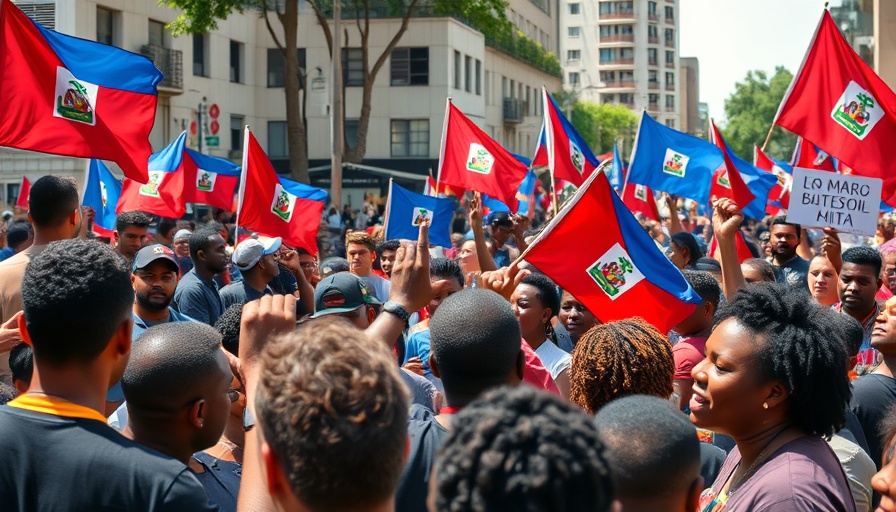
New Legislation Aims to Tackle New York’s Housing Crisis
New York City is grappling with a significant housing crisis, and the recent passage of State Senator Zellnor Myrie’s repair bill provides a crucial step toward addressing the dilemma of 'zombie homes.' On April 23, 2025, the State Senate approved legislation empowering authorities to compel banks or lienholders to remedy hazardous conditions in abandoned properties. Myrie articulated the need for the bill, emphasizing, "We need to ensure that neglected, abandoned properties are repaired and come back online safely and in a timely manner, especially in Brooklyn, which houses 40% of New York's estimated 2,000 zombie properties."
Combatting Urban Decay: A Necessary Step Forward
This legislative move is not just about property management; it is a significant step to enhance community health and safety. Properties left to deteriorate can foster crime, attract pests, and lower surrounding property values. By adopting this legislation, New York can strengthen its existing framework designed to transfer such properties to responsible ownership, thereby revitalizing neighborhoods suffering from urban decay. The unique aspect of this bill is its enforcement policy—if conditions remain unrepaired within 90 days, the Housing Preservation Development (HPD) can seize the property, ensuring immediate action when it comes to community safety.
Future Implications for Community Health
Myrie’s legislative action underscores a growing recognition of the ethical responsibility connected to housing stewardship. As banks and lienholders face new pressures to maintain properties, they must reconsider their approaches to community engagement and property upkeep. This could lead to broader societal shifts, urging financial institutions to play a more active role in urban development and revitalization efforts. Additionally, with Myrie’s candidacy for Mayor on the horizon, his focus on this issue signals a commitment to driving forward policies that prioritize the welfare of residents.
Embracing Change: Why This Legislation Matters
This bill symbolizes more than regulatory action—it embodies hope for communities plagued by neglect. As abandoned and dilapidated homes threaten the safety of neighborhoods, Myrie’s reform provides mechanisms of accountability for property owners. It reflects an understanding that housing is not merely a commodity but a fundamental human right. By seizing properties that remain in disrepair, the state can facilitate their rehabilitation and provide shelter for Brooklyn's growing population.
The focus on handling 'zombie homes' presents not only a legal victory for Senator Myrie and his supporters but also a clarion call for policies that actively seek to rectify the shortcomings of previous housing strategies. Citizens must remain engaged in these discussions, advocating for a sustainable future where no one is left behind in New York’s housing landscape.
 Add Row
Add Row  Add
Add 




Write A Comment